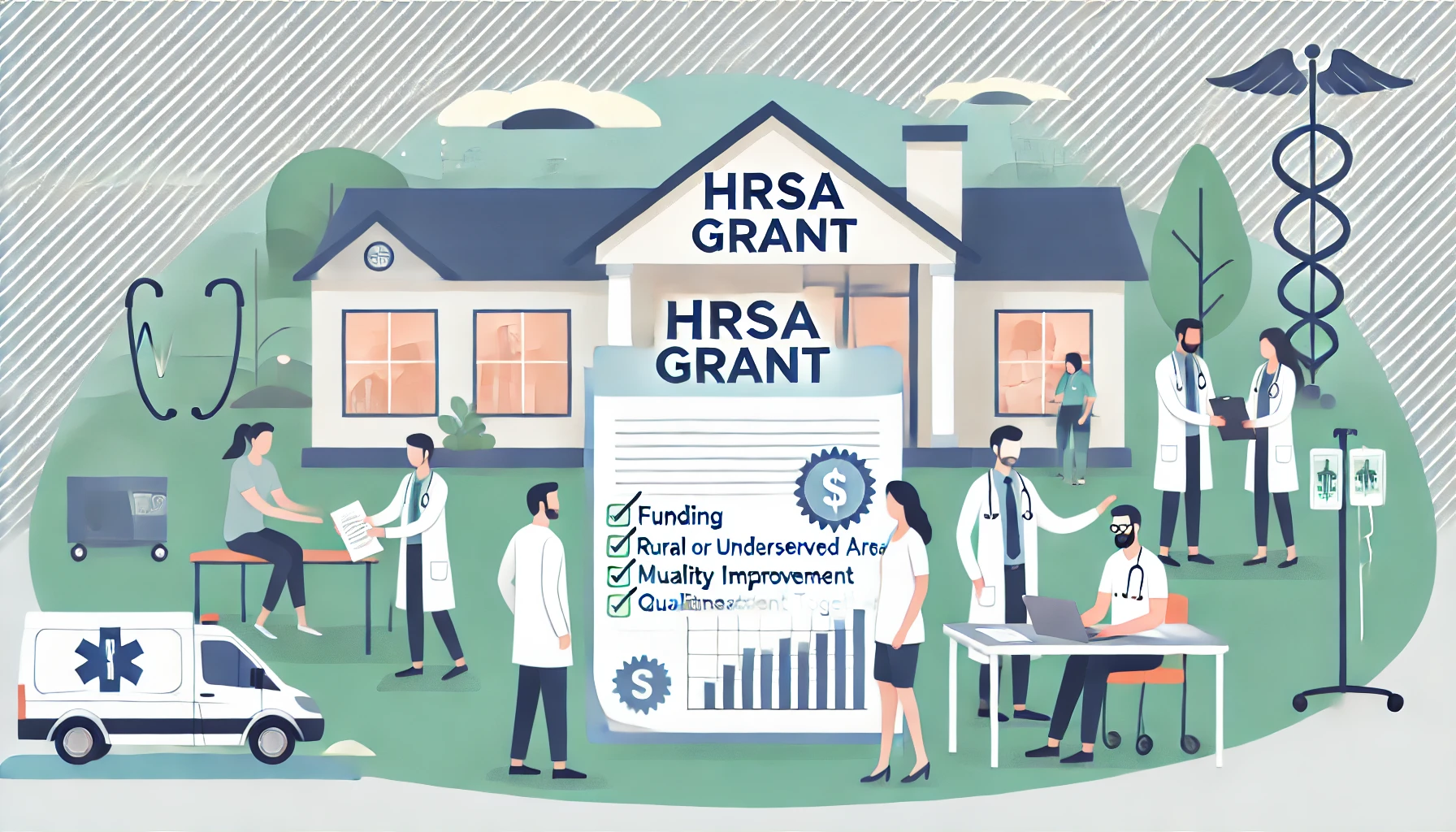
Table of Contents

FDA Enhances AI Regulations for Safer Healthcare Innovations
The FDA enhances AI regulations in healthcare, aiming to balance patient safety with fostering innovation in medical technology and AI applications.
FDA Enhances AI Regulations for Safer Healthcare Innovations
The integration of artificial intelligence (AI) in healthcare continues to promise groundbreaking improvements in patient care. However, as this technology evolves, so does the need for stringent regulations to ensure patient safety. Recently, the FDA has announced enhancements to its AI regulations, aiming to strike a balance between fostering innovation and ensuring safety. Here's a deep dive into understanding these crucial changes.
The Need for Enhanced AI Regulations
AI innovations are redefining the healthcare landscape, offering solutions that range from early diagnostics to precision medicine. Yet, these advancements come with potential risks. The complexity of AI systems can challenge traditional regulatory frameworks designed for medical devices.
Why AI in Healthcare Needs Attention
- Data Sensitivity: AI applications often handle sensitive patient data, raising concerns about privacy and data security.
- Algorithmic Transparency: The "black box" nature of some AI systems can make it hard to understand their decision-making processes.
- Bias and Fairness: Ensuring that AI systems do not perpetuate or exacerbate health disparities is crucial.
Key Changes in FDA's AI Regulations
The FDA's updated regulations focus on maintaining robust oversight while facilitating the safe deployment of AI technologies. Here are some of the significant changes:
1. Pre-Market Approval Standardization
The FDA emphasizes a more standardized approach to the pre-market approval process for AI products, assessing both safety and efficacy. This involves:
- Rigorous Testing: AI applications are subjected to stringent testing under various conditions to evaluate their performance and safety.
- Real-World Evidence: Manufacturers are encouraged to present data from real-world conditions, enhancing product reliability.
2. Continuous Bi-Directional Learning
The nature of AI allows it to adapt and learn post-deployment, so regulations now include provisions for:
- Modular Approval: Allows iterative improvements in AI functionalities without needing fresh approvals for every minor change.
- Feedback Mechanisms: Structured feedback loops from healthcare providers and patients to inform updates.
3. Comprehensive Risk Management Framework
Risk management is at the core of these regulations, ensuring any AI deployment aligns with overall patient safety mandates:
- Risk Assessment Protocols: Establishing standard operating procedures for evaluating AI system risks.
- Periodic Review: Regular audits and compliance checks to catch potential issues early.
Impact on Innovation and Industry Response
These new measures present both challenges and opportunities for innovators. While some fear increased regulations might stifle creativity, many industry leaders see these changes as necessary pathways to building trust in AI technologies.
Industry Steps Towards Compliance
- Collaborative Development: Companies are forming partnerships with regulatory bodies to streamline compliance.
- Investment in Training: There’s a shift towards educating teams about regulation know-how and risk management.
Fostering Innovation Under the New Regime
By focusing on safety and efficacy, the FDA aims to create a secure environment for AI innovation:
- Trust Building: By adhering to rigorous standards, firms can inspire confidence in their AI solutions among healthcare providers and patients.
- Market Edge: Companies that effectively navigate these regulations can achieve a competitive edge by showcasing robust, compliant AI systems.
The Road Ahead for AI in Healthcare
The FDA's strengthened AI regulations mark a significant step forward in the safe and effective integration of AI in healthcare. As these technologies continue to evolve, regulatory frameworks will need to adapt dynamically. By prioritizing patient safety without stifling innovation, these regulations aim to lay the groundwork for a future where AI plays a pivotal role in enhancing healthcare outcomes.
For more insights into how AI is transforming healthcare, stay tuned to our blog where we explore the intersection of technology and medicine.
``` This example of an SEO-optimized blog post would require adjustments based on specific details from the original article for full accuracy and personalization.
Why Every Hospital Needs a Quality and Patient Safety Program
Every hospital needs a quality and patient safety program to reduce harm, improve care, and foster a culture of accountability.
.png)
.png)

HRSA FQHC Requirements: A Comprehensive Guide for Healthcare Providers
When it comes to federally qualified health center requirements, there’s no shortage of regulations, expectations, and—depending on your perspective—opportunities.
.png)
.png)

Unlocking Funding: A Guide to Health Resources and Services Administration (HRSA) Grants
Use HRSA grants to fund external peer review programs that enhance care quality, reduce bias, and support compliance in health centers.
.png)
.png)



.png)
.png)
.png)






.png)